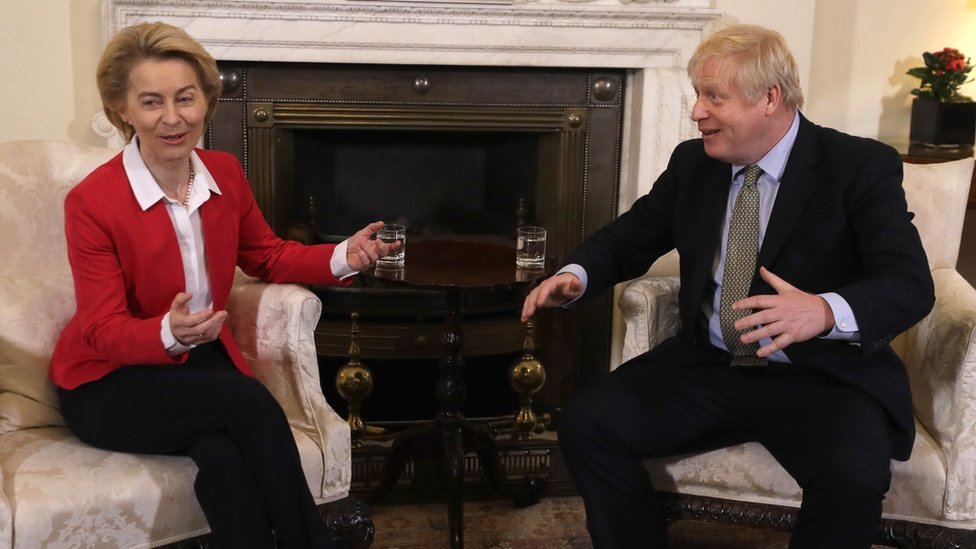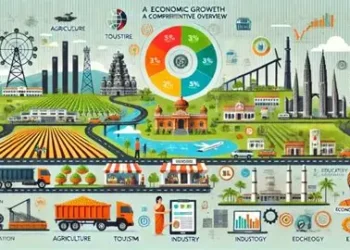The United Kingdom and the European Union have agreed to “go the extra mile” in coming days to try to reach an elusive trade agreement despite missing their latest deadline to avoid a “no-deal” exit for Britain from the EU at the end of the month.
British Prime Minister, Boris Johnson and European Commission Chief, Ursula von der Leyen had given negotiators a Sunday, 13th December deadline to find a way to resolve a stalemate on arrangements that would guarantee Britain zero-tariff and zero-quota access to the EU’s single market.
Both had earlier stated that a no-deal Brexit was now the most likely outcome, but they mandated negotiators to continue after the set deadline.
“Despite the exhaustion after almost a year of negotiations, despite the fact that deadlines have been missed over and over we think it is responsible at this point to go the extra mile,” Johnson and von der Leyen said in a joint statement.
Mr Johnson later told reporters that he still hoped for a post-Brexit trade deal with the European Union but that failure remains the “most likely” outcome.
“I’m afraid we’re still very far apart on some key things, but where there’s life there’s hope,”
“The UK certainly won’t be walking away from the talks. I still think there’s a deal to be done if our partners want to do it. We’re going to try with all our hearts and we’ll be as creative as we possibly can.”
He added that Britain however, could not compromise on the “fundamental nature” of Brexit, controlling UK laws and fisheries.
“The most likely thing now is of course we have to get ready for WTO terms,” Johnson added, referring to tariffs and quotas on the basic rules of trade set by the World Trade Organization.
“There is a clarity and a simplicity in that approach that has its own advantages. It’s not where we wanted to get to … but the UK is prepared,” he said.
- Brexit: ‘Large gaps’ remain after crucial trade talks
- Brexit looking ‘very, very difficult’-Boris Johnson
Britain quit the EU in January but remains an informal member until December 31 – the end of a transition period during which it has remained in the EU single market and customs union.

Meanwhile, EU sources revealed that EU and UK negotiators made some progress on narrowing their differences in trade talks, but there has been no decisive breakthrough on fair competition or fishing rights.
“They are making inroads on some difficult stuff. How to manage divergence and soften the blow for [EU] fishermen is still open,” an EU diplomat said.
A no-deal split would bring overnight tariffs and other barriers that would hurt both sides, although most economists think the smaller British economy would take a greater hit because the United Kingdom does almost half of its trade with the bloc.
However, Boris Johnson has publicly said the UK would still thrive mightily if there is no deal and it was “very, very likely” that negotiations on a new relationship that will take effect on January 1 will fail.
British Foreign Secretary, Dominic Raab told reporters that a no-deal Brexit could still be avoided if the EU accepts Britain’s right to be treated like “any other independent self-respecting democracy.”
“What really matters is what the EU is willing at a political level to commit to,” Raab said. “There is still I think a long way to go.”























